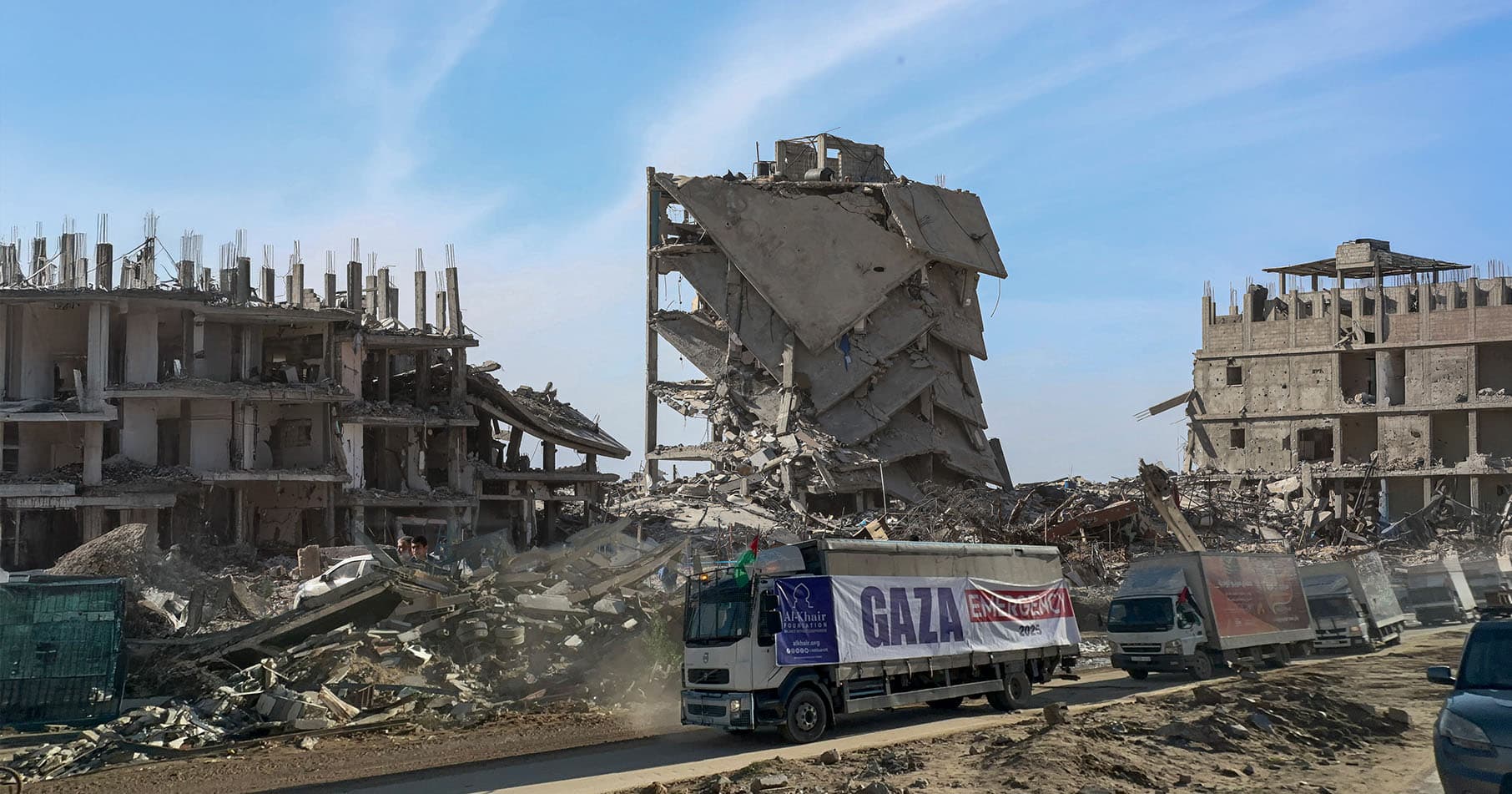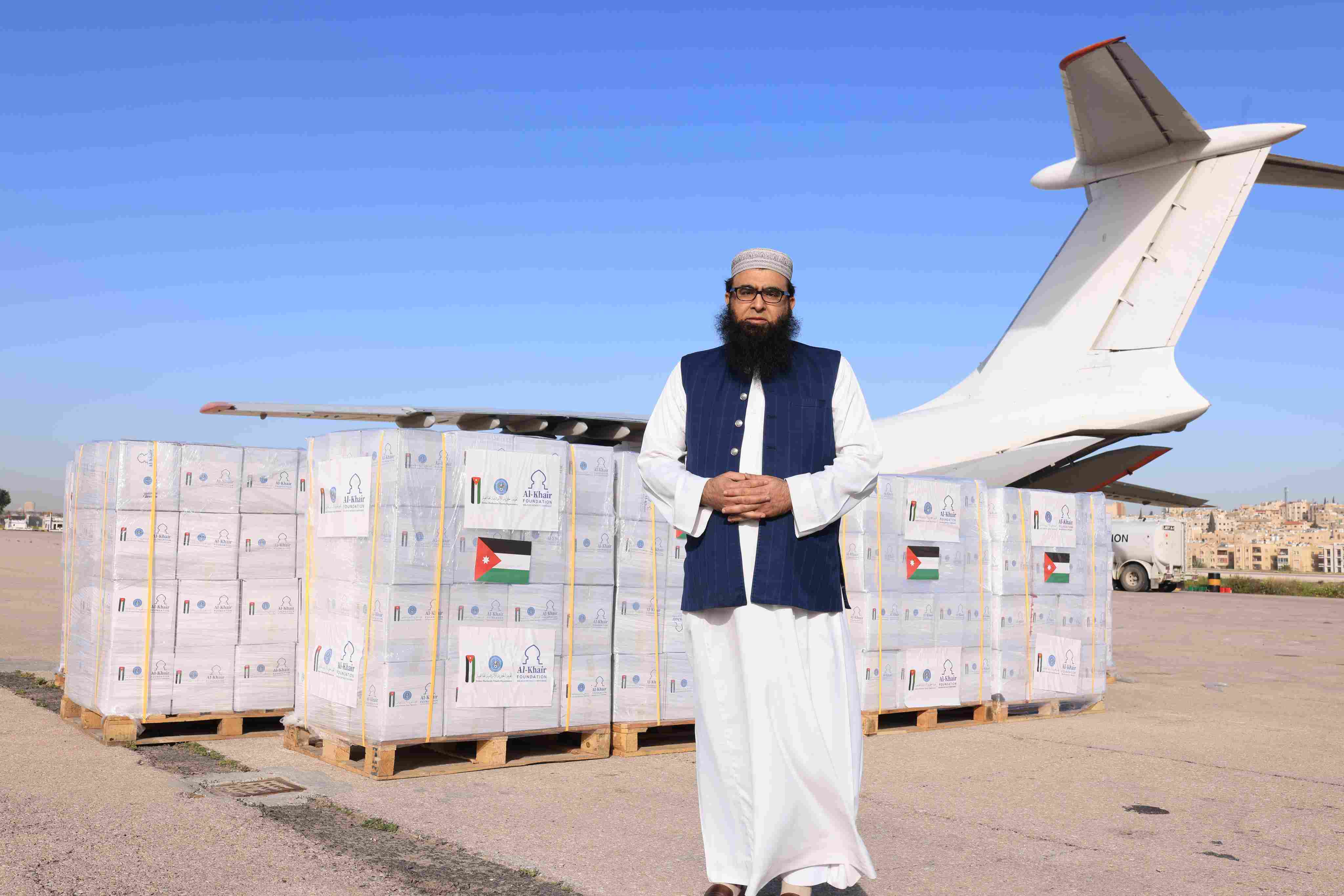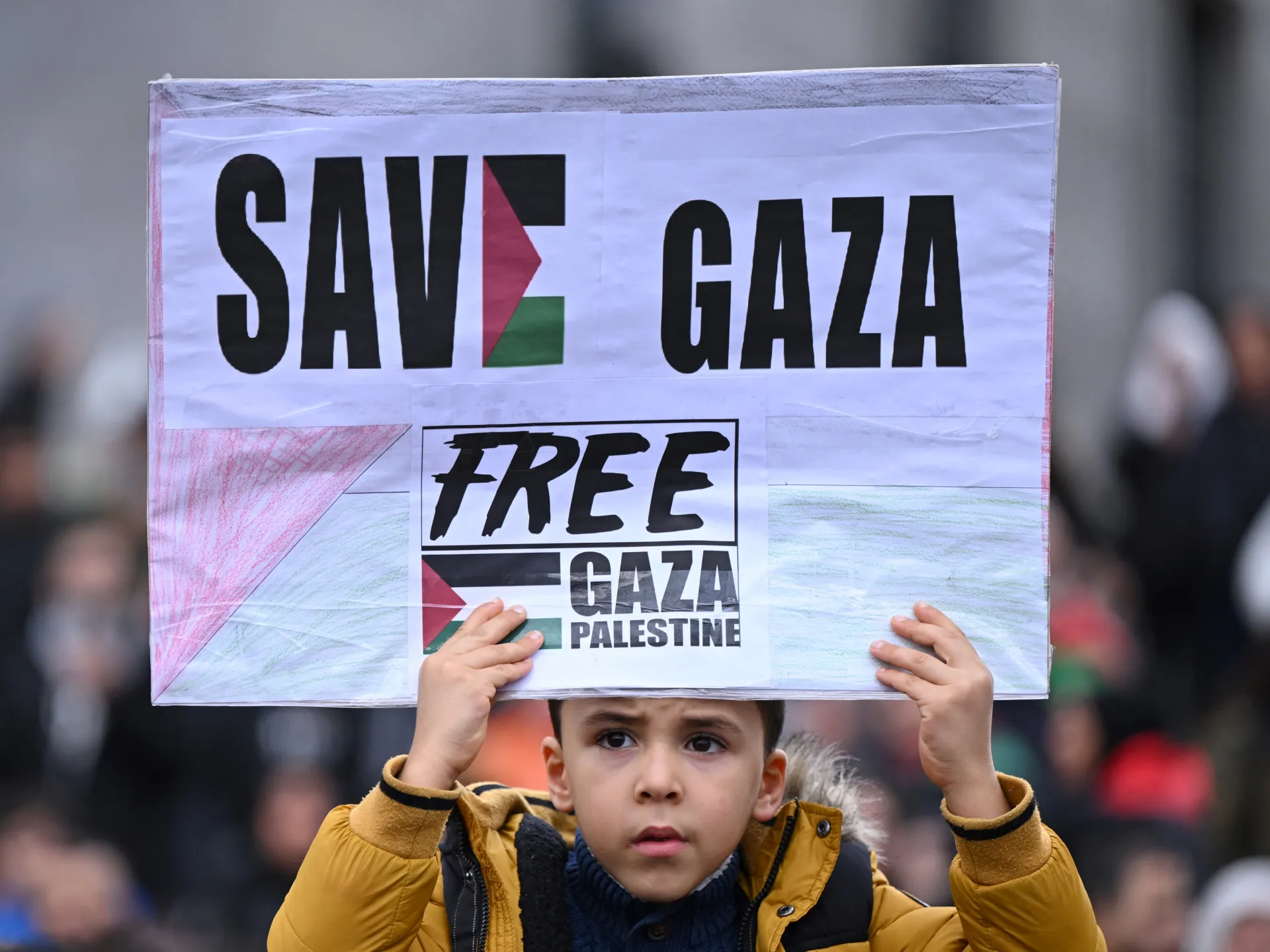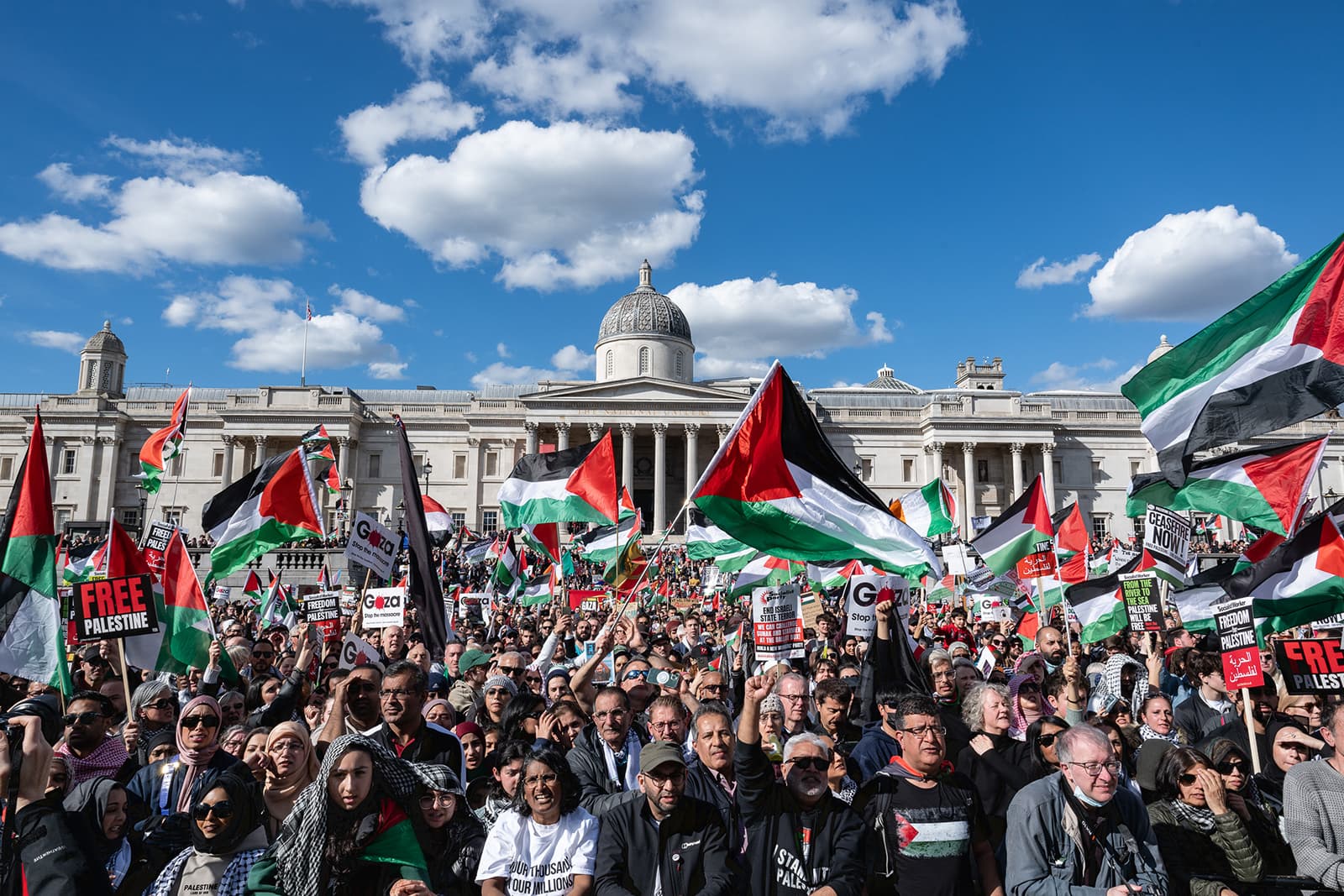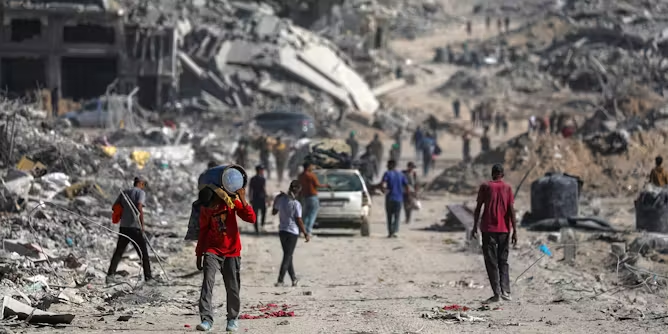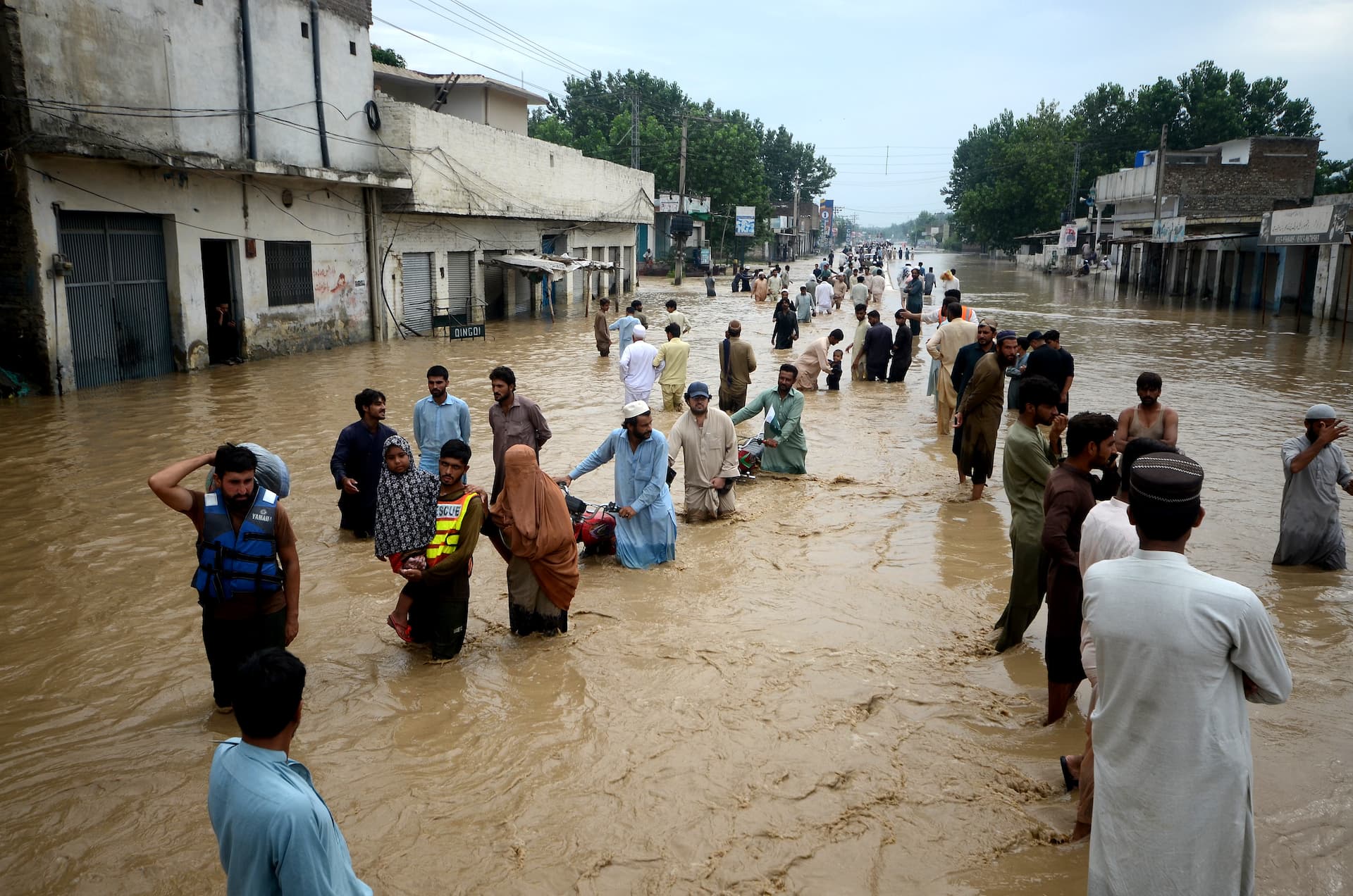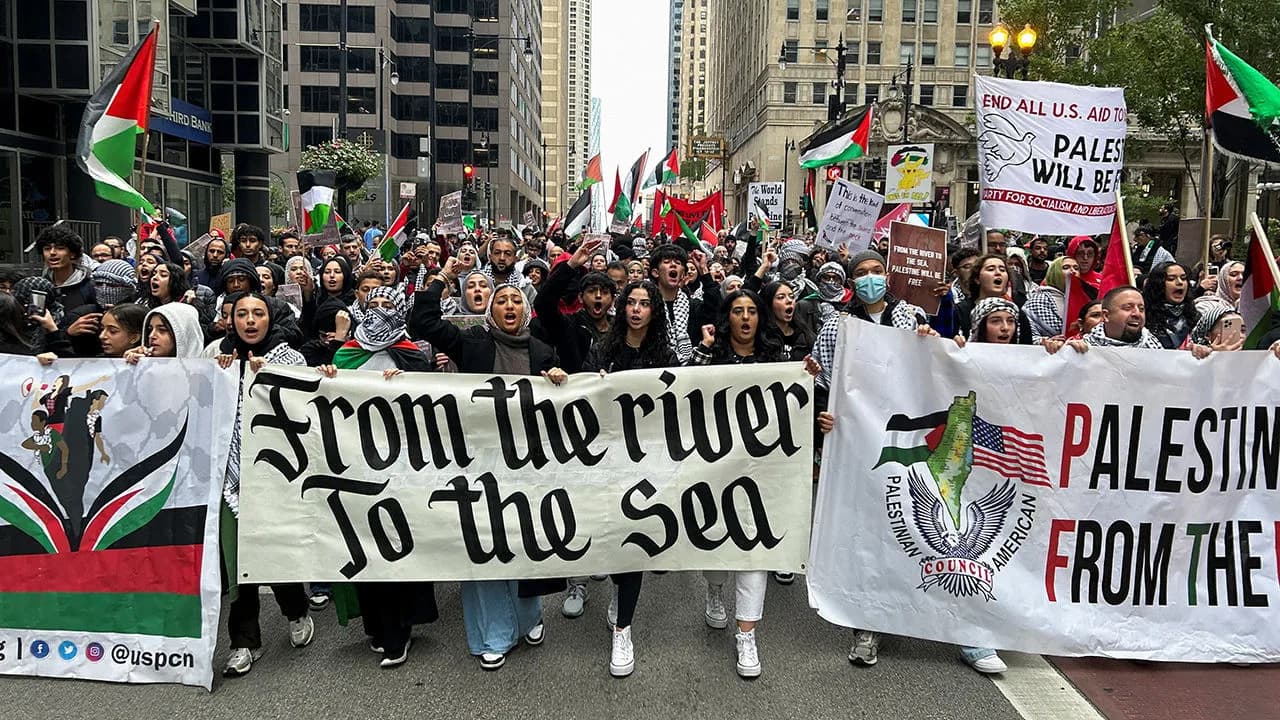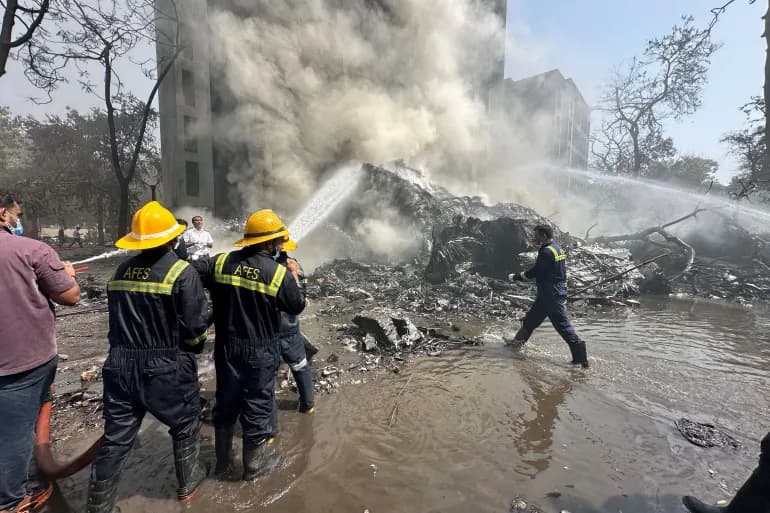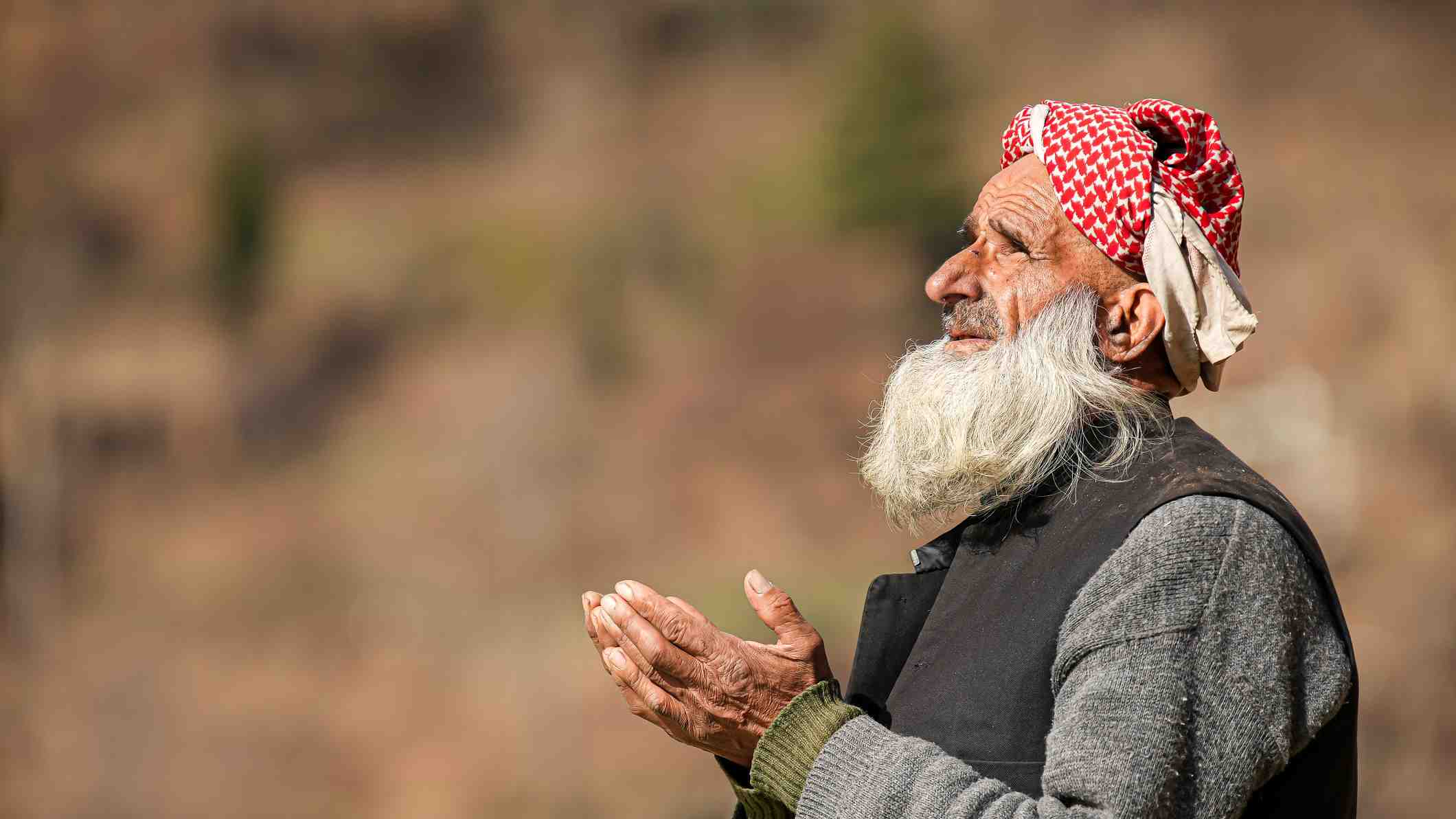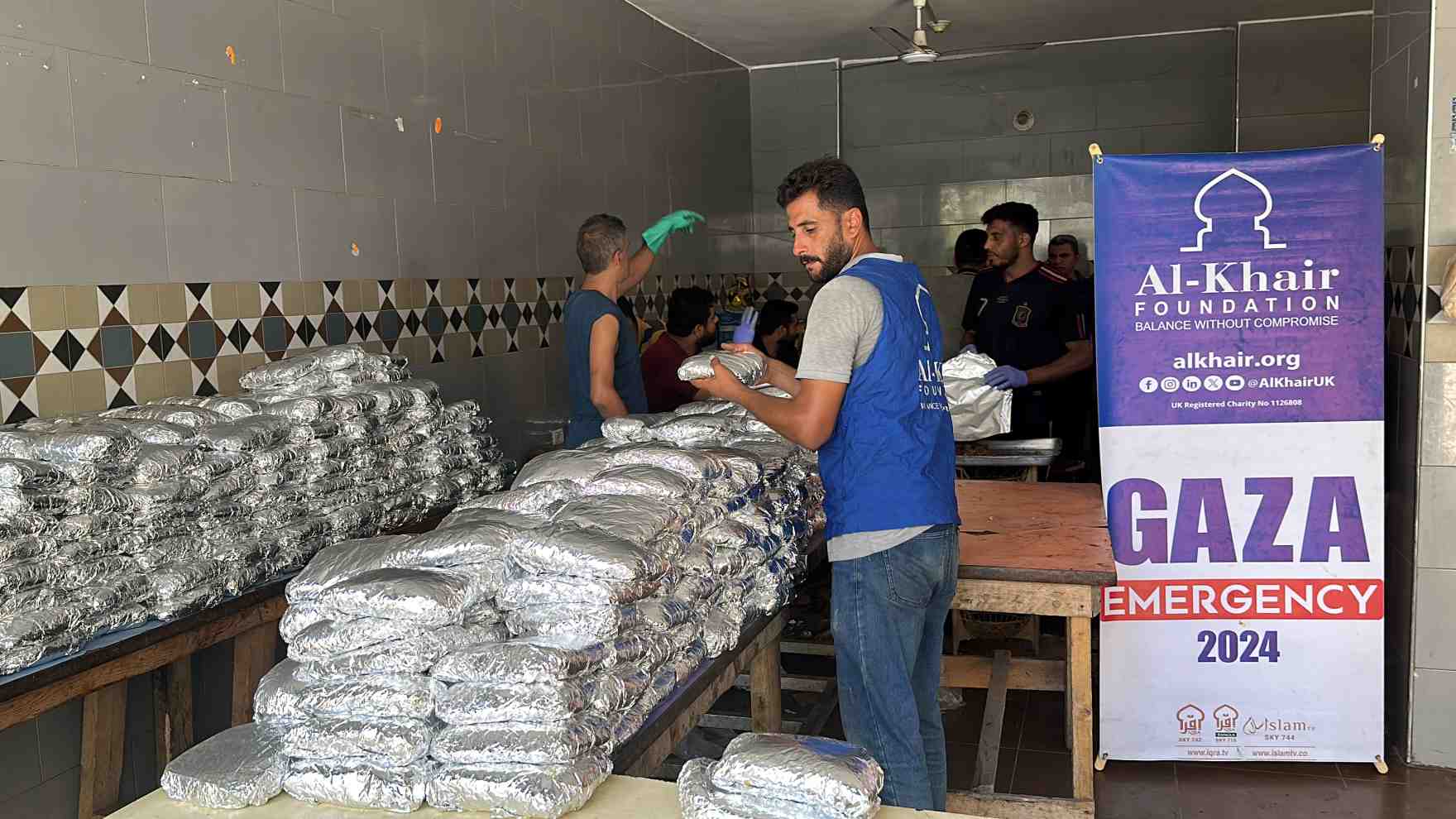Understanding Kaffarah
Kaffarah in Islam is the term used for the act of atoning or compensating for certain wrongdoings or violations of Islamic law. It is a form of expiation that helps a person to make amends for their mistakes, asking for forgiveness and showing remorse for their actions. Kaffarah is essential in maintaining spiritual purity and balancing the scales of justice in one's life, according to Islamic principles. It is a way of fulfilling the responsibility one has toward Allah for failing to follow His commandments or for violating certain obligations.
Kaffarah applies in various situations, and the required form of expiation can vary based on the nature of the transgression. This process ensures that the individual is not only forgiven but also learns the importance of keeping their commitments, respecting religious obligations, and maintaining integrity.
Allah will not impose blame upon you for what is meaningless in your oaths, but He will impose blame upon you for [breaking] what you intended of oaths. So its expiation is the feeding of ten needy people from the average of that which you feed your [own] families or clothing them or the freeing of a slave. But whoever cannot find [or afford it] — then a fast of three days [is required]. That is the expiation for [breaking] your oaths when you have sworn. And guard your oaths. Thus does Allah make clear to you His verses that you may be grateful – (Qur'an 5:89)
What is Kaffarah?
Kaffarah refers to the act of atonement or expiation required to make amends for certain sins or mistakes in Islam. It is a form of prescribed charity or fasting to seek forgiveness from Allah and rectify one's actions. Kaffarah is intended to purify the soul and re-establish a person's commitment to their faith and obligations.
Why Give Kaffarah?
The purpose of Kaffarah is to cleanse oneself of sins and compensate for specific transgressions, such as breaking an oath, missing fasts during Ramadhan, or violating other religious duties. It serves as a reminder of the importance of adhering to Islamic principles and the consequences of neglecting them. Kaffarah not only seeks forgiveness from Allah but also encourages personal growth and responsibility.
Who can give Kaffarah?
Kaffarah is required for Muslims who have committed specific acts that necessitate atonement, such as breaking a fast intentionally during Ramadhan, breaking an oath, or engaging in certain prohibited actions. It applies to both men and women who seek to rectify their actions and seek Allah's forgiveness.
The method of Kaffarah varies depending on the transgression. For example, if a person breaks a fast intentionally during Ramadhan, they are required to fast for 60 consecutive days or feed 60 poor people as expiation. For breaking an oath, one must either fast for three days, feed ten poor people, or clothe ten poor individuals. Kaffarah can involve fasting, providing food, or other forms of charity, as specified in Islamic teachings.
This verse highlights the significance of fulfilling one's oaths and the prescribed means of expiation for breaking them. It emphasizes the importance of responsibility and accountability in one's actions and the need to seek forgiveness through prescribed acts of charity or fasting.
Kaffarah is a vital aspect of Islamic practice that underscores the importance of personal accountability and the need to make amends for one's mistakes. It serves as a reminder of the moral and ethical standards expected of Muslims and the importance of seeking Allah's forgiveness.
It not only benefits the individual but also contributes to the well–being of the community by promoting acts of charity and support for those in need.
